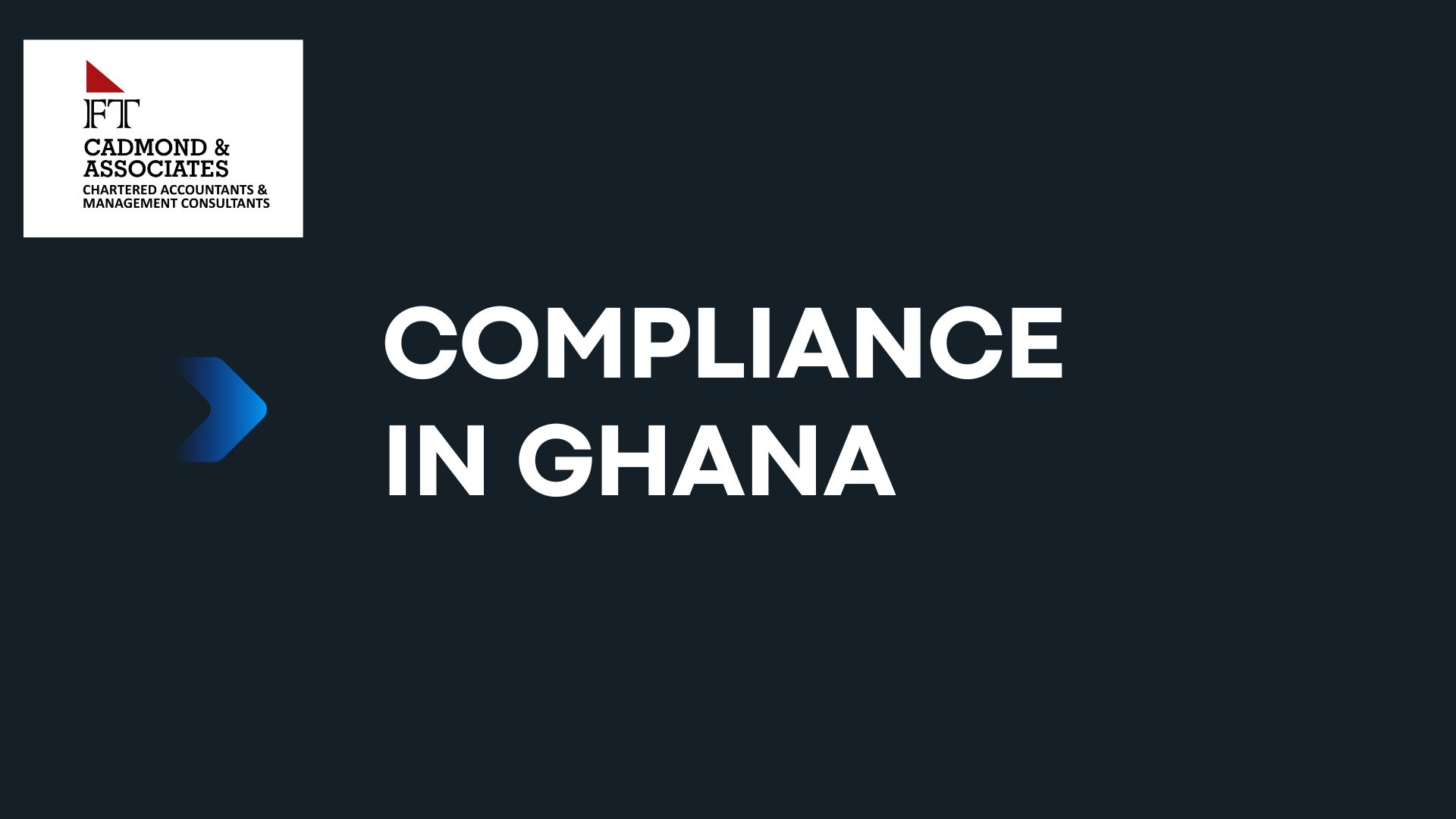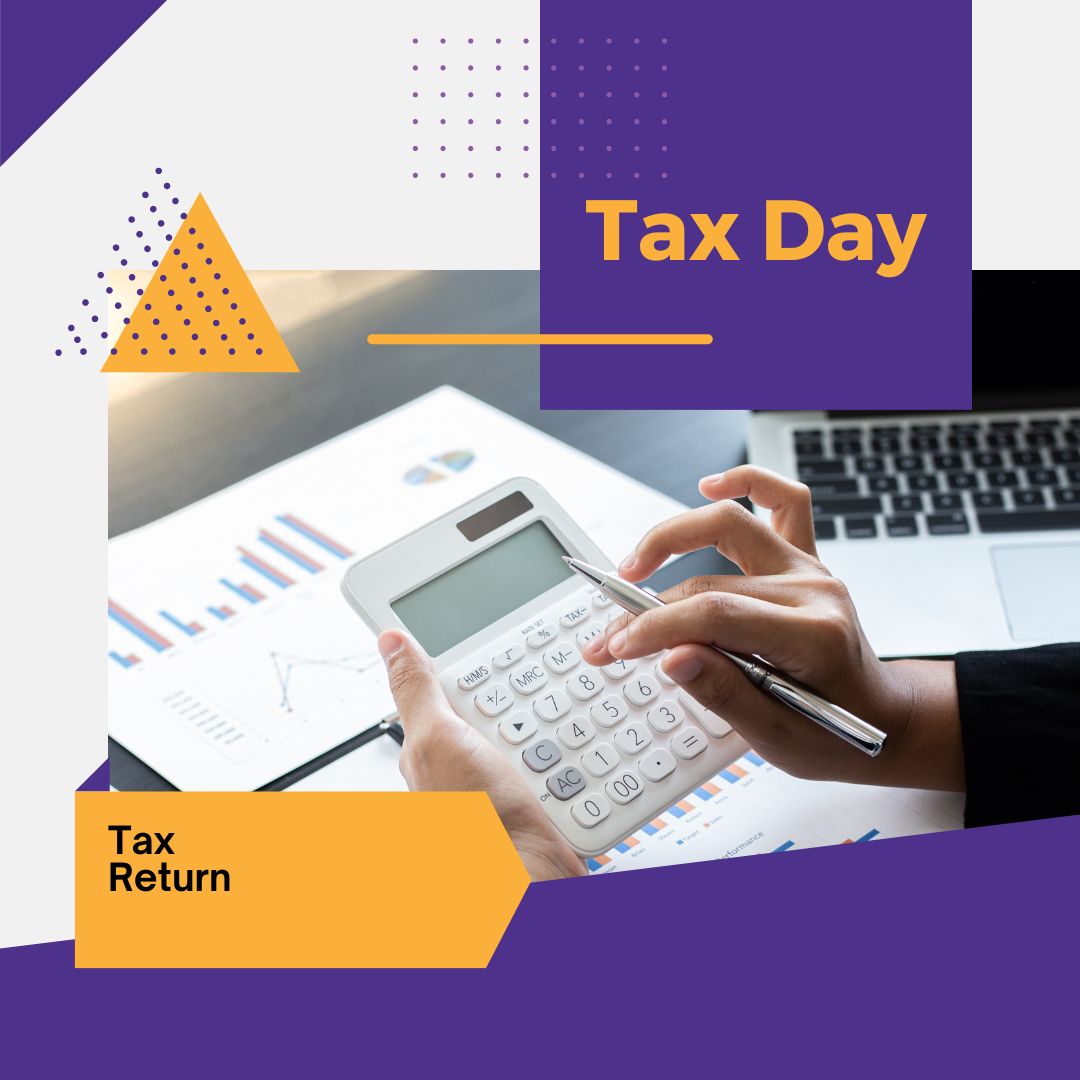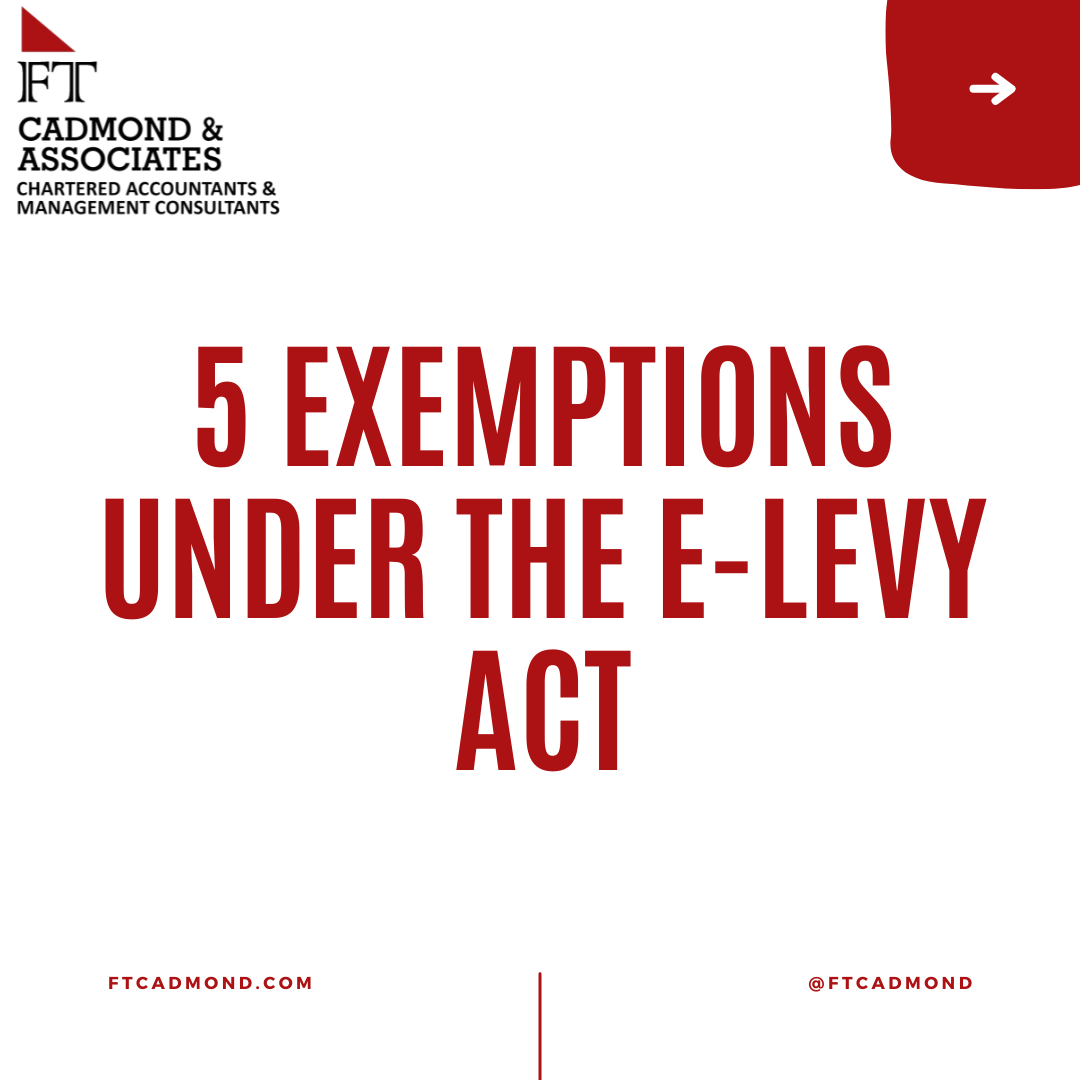
- Klenam Bright Elewosi
- Tax
Understanding Interest Treatment and Allowable Expenses in Ghana's Income Tax Law
Introduction:
In Ghana, the income tax law provides guidelines and regulations that govern the treatment of interest expenses and allowable deductions. Understanding how interest expenses are treated and the scope of allowable expenses is crucial for individuals and businesses to effectively manage their tax liabilities. This blog post aims to provide clarity on these topics, shedding light on the key aspects of interest treatment and the types of expenses that can be deducted.
Interest Treatment:
Interest incurred as a result of borrowing money for income-producing purposes is generally treated as a deductible expense under Ghana's income tax law. This means that taxpayers can deduct the interest expense from their taxable income, reducing their overall tax liability. However, to qualify for this deduction, certain criteria must be met.
1. Purpose: The borrowed funds must be used for the production of income. This can include business activities, investments, or any other income-generating activities recognized by the tax law. It is important to establish a clear link between the borrowed funds and the purpose of income production.
2. Documentation: Taxpayers should maintain proper documentation to substantiate the purpose of the borrowing and the interest expense incurred. This documentation may include loan agreements, interest statements, and other relevant documents. Adequate record-keeping is essential to support the deduction claimed for interest expense.
3. Ordinary and Necessary: The interest expense must be considered ordinary and necessary in the context of the taxpayer's business or income-producing activities. It should be a reasonable amount incurred as part of normal business operations. However, it is important to note that excessive interest expenses may be subject to thin capitalization rules, limiting the deductibility of interest on excessive debt financing.
Allowable Expenses:
Apart from interest expenses, Ghana's income tax law allows for the deduction of various types of expenses incurred in the production of income. These allowable expenses can help reduce the taxable income and, consequently, the tax liability. Let's explore some common categories of allowable expenses:
1. Business Expenses: Expenses directly related to the operation of a business, such as rent, utilities, salaries, advertising costs, and office supplies, are generally deductible. These expenses are considered necessary for the generation of business income.
2. Professional Fees: Fees paid to professionals, such as accountants, lawyers, and consultants, for services rendered in the course of business activities can be deducted. These fees contribute to the smooth functioning and growth of the business.
3. Travel and Entertainment Expenses: Reasonable travel expenses, including transportation, accommodation, and meals, incurred for business purposes are deductible. Entertainment expenses directly related to business activities, such as client meetings or business conferences, may also be eligible for deduction.
4. Depreciation and Amortization: The cost of acquiring and using assets for business purposes, such as machinery, equipment, and vehicles, can be recovered over time through depreciation and amortization deductions. These deductions recognize the wear and tear or the expiration of intangible assets.
5. Contributions and Donations: Donations made to recognized charities or institutions as part of corporate social responsibility initiatives may be deductible. However, specific rules and limitations may apply, and taxpayers should ensure compliance with relevant regulations.
6. Training and Education Expenses: Expenses incurred for employee training and development programs, as well as educational expenses related to upgrading skills or acquiring new qualifications, may be deductible. These expenses contribute to the growth and development of the workforce.
7. Research and Development Expenses: Costs incurred in research and development activities aimed at improving products, processes, or services may be deductible. These deductions incentivize innovation and technological advancement.
Conclusion:
Understanding the treatment of interest expenses and the scope of allowable deductions is vital for taxpayers in Ghana to effectively manage their tax obligations. By following the criteria set by the income tax law and maintaining proper documentation, taxpayers can take advantage of deductions for interest expenses incurred in the production of income. Additionally, being aware of the wide range of allowable expenses enables individuals and businesses to reduce their taxable income, optimizing their tax position within the boundaries of the law. It is crucial to stay updated with any changes or updates to the income tax law and consult with tax professionals for personalized advice to ensure compliance and maximize available deductions.
Disclaimer: This blog post provides general information and should not be considered professional tax advice. For specific guidance related to your tax situation, please contact us on 0265844133.






